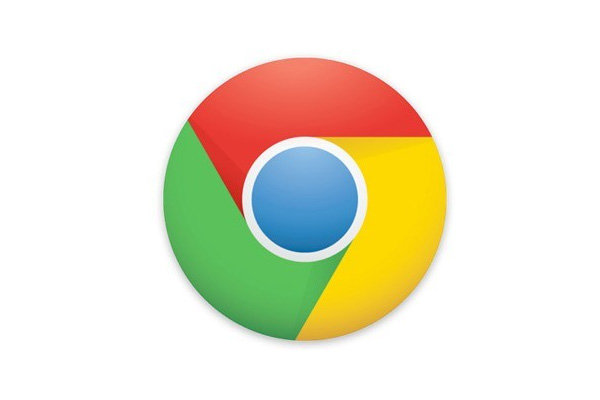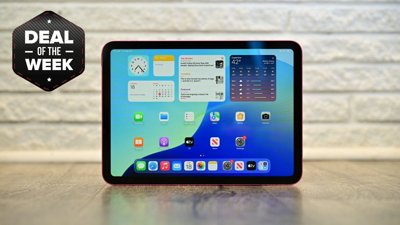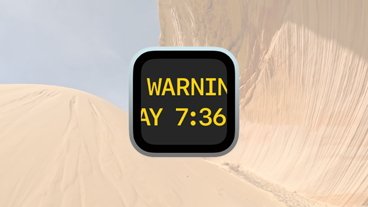Google on Tuesday announced that it will phase out support for its popular Chrome browser on OS X versions 10.6, 10.7 and 10.8, as well as Microsoft Windows XP and Vista, come April 2016.
The announcement came via the official Chrome blog, where the search giant revealed that Mac users will need to be running OS X 10.9 Mavericks or later to receive continued updates for Chrome., According to Director of Engineering Marc Pawliger, Chrome will continue to function on legacy platforms, but will no longer receive regular updates and security patches as of April 2016.
While Tuesday's announcement was the first indication of axing Chrome support for legacy OS X users, Google hinted back in April that they were only committed to supporting Windows XP up until the end of the year, encouraging people to upgrade to newer versions of Windows.
The OS X version of the browser, which has historically been cited by many Mac users as being slower than its counterparts on Windows and Chrome OS, was said to have received a performance boost with the release of Chrome 46, thanks to a reduction in overall memory consumption. Chrome 46 was released to users of all the major platforms last month.
As of September 2015, Chrome accounts for just over 65 percent of the overall browser market, with Apple's Safari at 3.6 percent.
 Blair MacGregor
Blair MacGregor








 Marko Zivkovic
Marko Zivkovic
 Wesley Hilliard
Wesley Hilliard
 Christine McKee
Christine McKee
 Malcolm Owen
Malcolm Owen

 William Gallagher
William Gallagher






-m.jpg)



12 Comments
None of these OS's are supported by Apple anymore. The only surprising one is Vista, as Microsoft is supporting it until 2017.
As of September 2015, Chrome accounts for just over 65 percent of the overall browser market, with Apple's Safari at 3.6 percent.
So about a third of the Mac install base uses Safari. Seems odd. I've had a few sites where Safari did not work as well as Chrome, but I generally use Safari first. Some sites use a lot of Javascript, which is where the incompatibilities usually start. Platforms such as jQuery are really good about testing for all different browsers but some lazy coders who use Chrome only test against their own preferred browser.
[quote name="mstone" url="/t/190054/google-to-discontinue-chrome-support-for-os-x-snow-leopard-lion-mountain-lion-in-april-2016/0_100#post_2804215"]So about a third of the Mac install base uses Safari. Seems odd. I've had a few sites where Safari did not work as well as Chrome, but I generally use Safari first. Some sites use a lot of Javascript, which is where the incompatibilities usually start. Platforms such as jQuery are really good about testing for all different browsers but some lazy coders who use Chrome only test against their own preferred browser. [/quote] I prefer Safari now but devs go where the market is. At this point in time, it's Chrome
never had any desire for anything other than Safari. I'm blissfully ignorant I guess.
Mozilla gets absolutely no press anymore, but I'm still on Firefox which is still meeting my needs for a hetereogenous work flow across a number of Win, Mac, Android and iOS devices... ...and syncs fast and well between 'em, (history, bookmarks and more) and still has that wonderful extension/add-on ecosystem.
So Safari (which I've tried numerous times and still use a bit but have never warmed up to actually liking it) simply can't meet my needs.
Firefox has kept up with most of the improvements the others have (though still seems to depend on Flash, alas, which is where most of the few problems I have with it crop up), have some of their own, and while it's a memory hog, it still only spawns one process (plus one for Flash - which I frequently kill to keep things running smoothly).
Chrome sets up any number of them and so you can never tell how much Ram it's eating in total..... ...and spawns a new window for every link on Android (which aren't even identified as Chrome in the all open apps view), while FF just has one where the tab count, close tabs and other navigation controls are right at hand.
Also, I liked Chrome in the beginning, but it now seems SO bloated.... ....and cutting off support for Mountain Lion and Vista seems premature.....